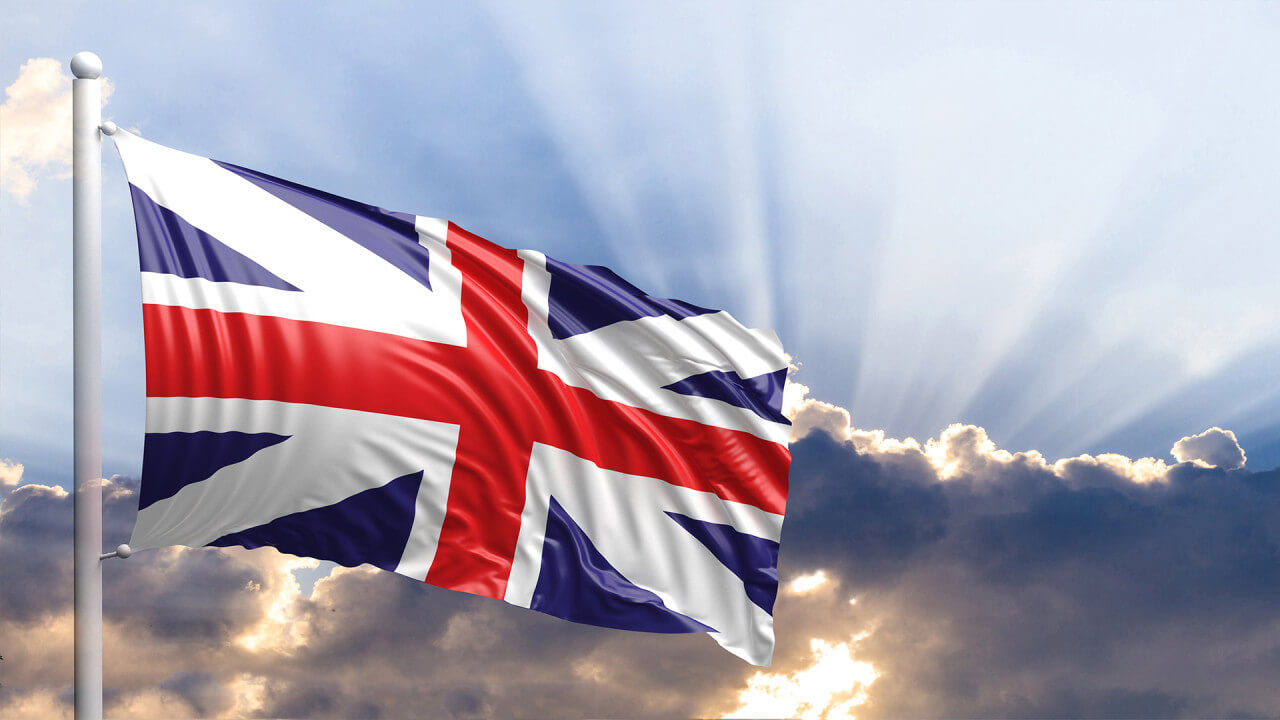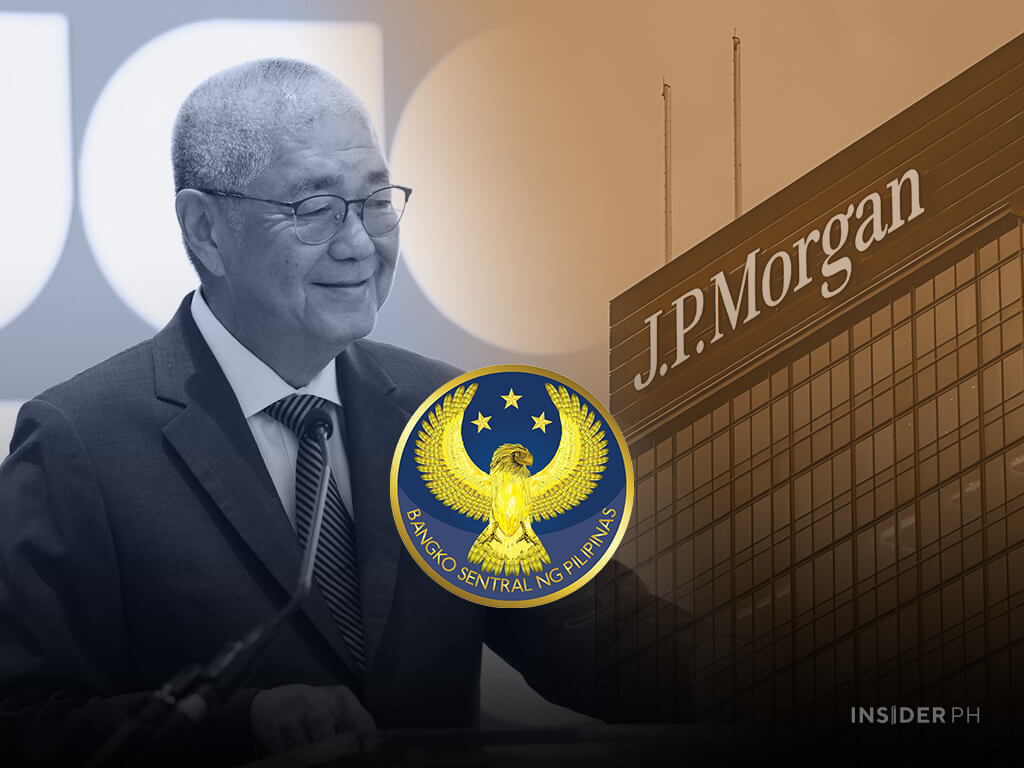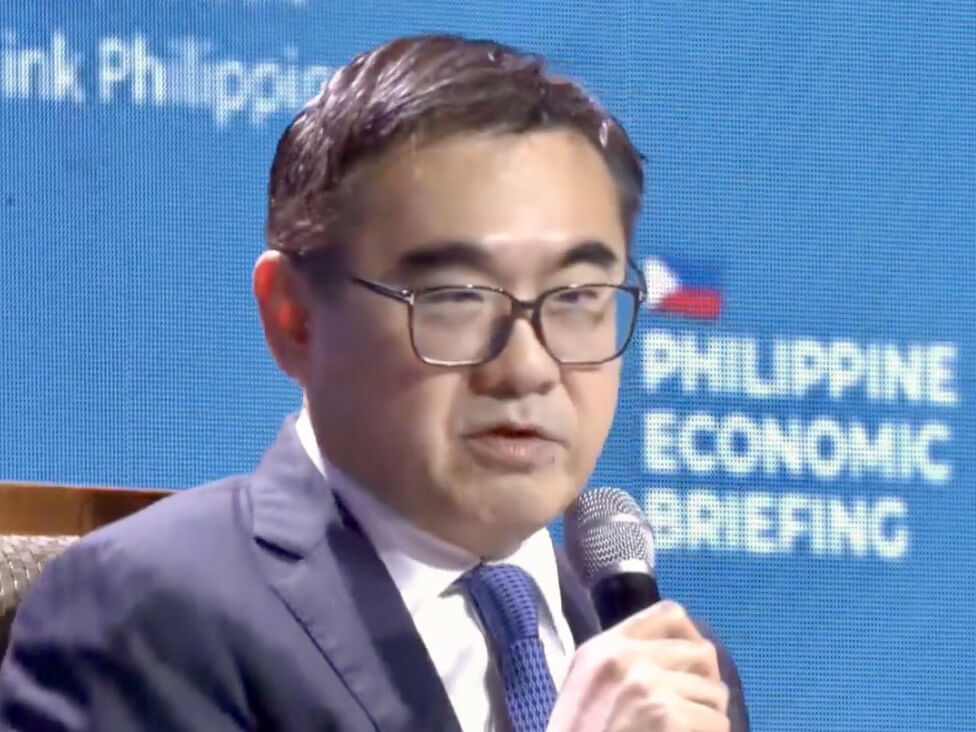

UK Ambassador Laure Beaufils said the government and private businesses are eager to support lucrative opportunities in clean energy, transport infrastructure, and technology.
“I’ve not heard a single investor say, I’m not going to invest because of tensions in South China Sea,” she said in a chat with business reporters last Friday.
“It’s a concern, as is domestic politics, as always. Investors are trying to weigh up political risks and security risks,” she added.
1st IPO investment
Beaufils visited the solar power fields of tycoon Edgar Saavedra’s Citicore Renewable Energy in Batangas.
The UK Government’s MOBILIST program was a cornerstone investor in Citicore’s recent initial public offering, acquiring a P700 million stake, which represents about 13 percent of the P5.3 billion IPO.
It was a landmark investment, marking the program’s first in the country. Beaufils, who said she was impressed by Citicore’s efforts to energize hundreds of megawatts in Batangas by the end of the year, stated that it will definitely not be the last.
Missed yesterday? Bet on tomorrow
“[W]e don’t have the same historical relationship as perhaps Japan or the US had. So we’ve had to play catch up a little bit,” said Beaufils who has about a year left in the country since becoming UK Ambassador in 2021.
Within their vast financial arsenal, Beaufils highlighted their UK Export Finance agency, which has £5 billion (P370 billion) that can be deployed in the Philippines alone.
Underused export fund
This agency assists exporters by providing loans and guarantees to help manage risks while exploring opportunities overseas.
Notably, the program is less restrictive than some of those offered by other countries, requiring only 20 percent British content to qualify for export finance.
Despite this, Beaufils noted that the facility is “significantly underutilized.”
“We really want to make much better use of it,” she said.
Flagship infrastructure projects
Renewable energy is a major area of interest but Beaufils said they were also keen on airports, railways and other types of transport infrastructure.
This includes the P400 billion Luzon Economic Corridor, a vast project centered on railway connections between major economic hubs and export zones such as Subic, Clark, Manila, and Batangas, which together handle 80 percent of the country’s port traffic.
This is a project of the Partnership for Global Infrastructure and Investment (PGI), backed by the G7 nations, which includes the UK.
“[W]e will definitely be working towards the implementation of the Luzon Economic Corridor through, again, the different tools that we have,” Beaufils said.
Global tech powerhouse
One more area she saw the potential to develop closer ties between the UK and the Philippines is in technology.
“The UK is only one of three countries that has a trillion-dollar tech economy,” she said. “And I’m not sure we’ve done a good enough job in terms of promoting our tech solutions.”
“There’s more that we can do in terms of marketing, in terms of development of the brand for people to understand the UK and see the opportunities,” she said.

Miguel R. Camus has been a reporter covering various domestic business topics since 2009.

